
This year’s 2023 ‘we’re talking hauora’ research talks will once again showcase health researchers from Canterbury and their work. We are joining the Ōtautahi Learning Days 2023 this year, encompassing their theme of Kōtuituia – Weaving Curiosity ’23. We have an excellent line-up of speakers and topics, and we hope you can join us in person.
Date: Wednesday 10th May
Time: 5.30pm-7.30pm (doors open at 5pm for refreshments)
Venue: Manawa Foyer, 276 St Antigua Street, Christchurch
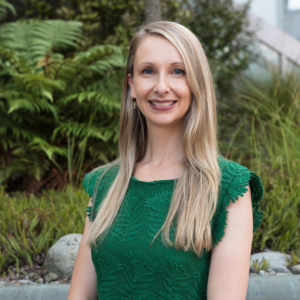
Too much screen time? What are the impacts of screen time in early childhood on social and educational skills?
Dr Megan Gath
Senior Data Manager, Child Well-being Research Institute, University of Canterbury
Young children today spend an unprecedented amount of time watching or interacting with screens, but what kind of impact does this have on their development? Dr Gath will talk about the key findings of her research using the Growing Up in New Zealand data to understand how children’s language, educational, and social skills are impacted by screen time across the preschool years.
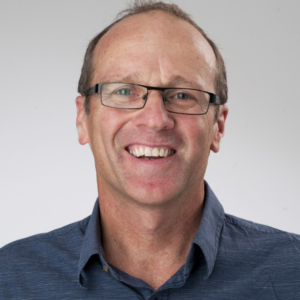
Using genetics to understand eating disorders
Professor Martin Kennedy
Head of Department and Research Professor, Pathology and Biomedical Science, University of Otago, Christchurch
Eating disorders are harmful, very poorly understood, and difficult to treat. They can also be strongly driven by genetics. Professor Kennedy will describe how his team has helped identify the genetic underpinnings of anorexia nervosa, and how their latest project with international partners will greatly extend this work and provide many more insights.
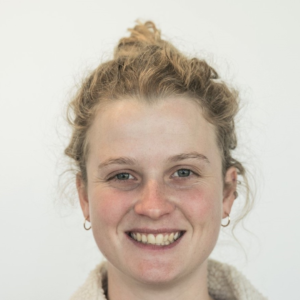
Accessible automated breast cancer screening with no compression or radiation – is it possible?
Dr Jessica Fitzjohn
Post Doctorate Fellow, Department of Mechanical Engineering, University of Canterbury
One in eight women will get breast cancer at some stage in their life. Despite this, many eligible women do not participate in breast screening, not to mention women under 45 who have no publicly funded screening available to them in New Zealand. Dr Fitzjohn talks about how research has led to the development of a new potential breast screening technology, which is both radiation and compression-free. This technology could increase access to breast screening, increasing equity and outcomes for all women.
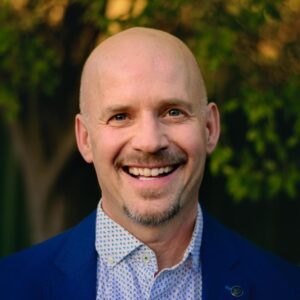
Climate change and youth mental health
Professor Don Hine
Head, School of Psychology, Speech and Hearing, University of Canterbury
There is growing evidence that youth mental health problems can be made worse by direct experience of climate-change-accentuated events such bushfires, droughts and floods. But how big are these effects relative to other stressful life events such as family conflict, getting sick, or becoming unemployed? Professor Hine will present recent data from Australia that ranks the most important predictors of youth mental health problems, and what we can do about it.
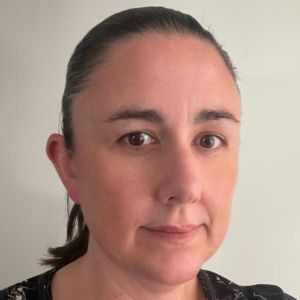
The effects of alcohol on our Emergency Department
Dr Laura Joyce
Emergency Medicine Specialist, Te Whatu Ora Waitaha, Senior Lecturer in Emergency Medicine at University of Otago, Christchurch
Dr Joyce’s research looks at alcohol-related emergency department presentations, in particular the on-and off-licence purchase of alcohol, and how this has impacted on the Christchurch Emergency Department comparing three cohorts in 2013 – 2017 – 2022.
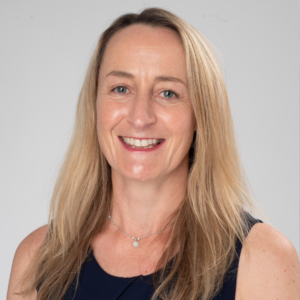
The invisible army – using microbiome to improve colorectal cancer treatment
Dr Rachel Purcell
Department of Surgery and Critical Care, University of Otago, Christchurch
Humans co-exist with trillions of microbes, called the microbiome, that work tirelessly to protect us and keep us healthy. Dr Purcell will share the latest research on how the microbiome affects cancer treatment and can be harnessed to improve outcomes for patients with colorectal cancer.
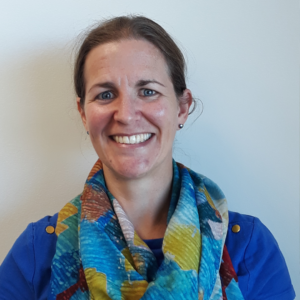
Youth in our cities: How can cities help our young people to live well and thrive?
Dr Kate Prendergast
Post-doctoral Fellow, Department of Political Science and International Relations, University of Canterbury; Research Fellow, Centre for the Understanding of Sustainable Prosperity
How can a city can support youth wellbeing in sustainable, low-carbon ways is a crucial challenge. Dr Prendergast will present research about young people’s lives in seven international cities. Her talk identifies conditions, and opportunities for city councils to support youth wellbeing aspirations.
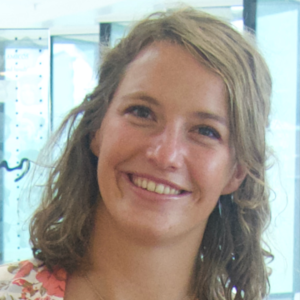
Tackling antimicrobial resistance: how has the use of antibiotics in our community changed?
Dr Nienke Hagedoorn
Postdoctoral Research Fellow, Department of Primary Care and Simulation, University of Otago, Christchurch
To combat the growing threat of antimicrobial resistance, guideline changes and education have been implemented to influence the use of antibiotics. Dr Hagedoorn’s research looks at changes in the use of antibiotics in Canterbury Waitaha over the past decade, have they decreased, is this acceptable, or can we do better?
